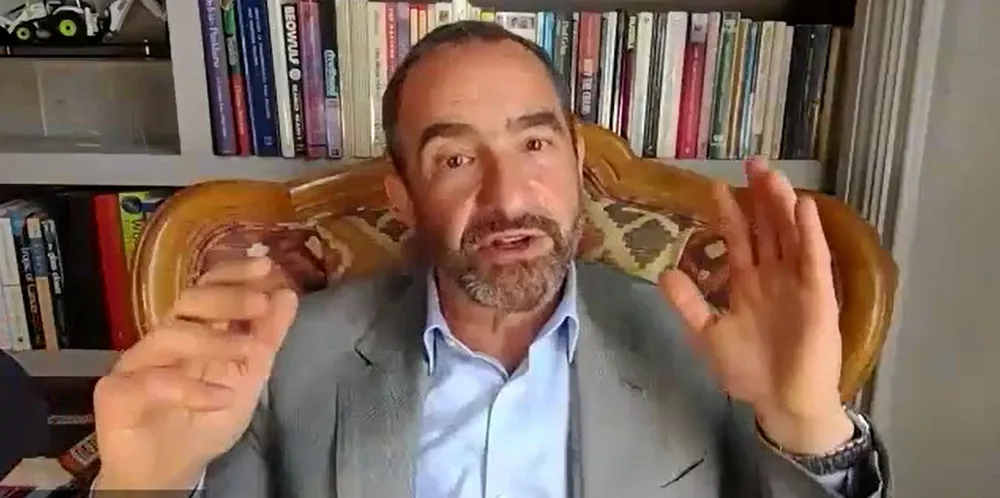Liebreich: 'We have to learn to love blue hydrogen — and make sure it's as clean as possible'
Influential analyst says the world will not be able to produce renewable energy fast enough to decarbonise hydrogen, power, steel, transport and heating at the same time

“We have to learn to love blue hydrogen. Maybe in an ideal world, we wouldn’t, but we do,” said the influential independent analyst Michael Liebreich last week.
“And then you have to do that at the same time as decarbonising everything else — all of the land transportation, all of the electric vehicles, all of the electric heating you want to do, all of that stuff would need to be on top of that.
“So we are not, in the next two decades, going to meet the need for clean hydrogen from green hydrogen alone. So we have to learn to love blue hydrogen. Maybe in an ideal world, we wouldn’t, but we do.”
“This is, frankly, so unhelpful. And if we can inject rationality — and that doesn’t mean just hope for blue hydrogen to be done well, that means regulate for it, that means create the metrics, create the standards, that means naming and shaming the people who do it wrong. That’s really where we need to be going with this.
“A lot of the aggression and hostility about blue hydrogen, frankly, is actually aggression and hostility towards the oil & gas industry, which has in many cases been an irresponsible player in the past, and in some cases continues to be an irresponsible player in the present. But I think we’ve got to separate that from producing clean hydrogen.”
He added that he personally did not care what colour or source the hydrogen comes from, “but I do care very much that if it’s going to be called ‘clean’, it needs to be properly clean”.
“And the upstream methane emissions, that methane loss, we have to resolve anyway — nothing to do with whether we’re doing blue hydrogen. If we don’t do that, we can kiss goodbye to the climate anyway.”
“The history of engineering is full of people who were told that they can’t do something because it’s never been done yet. Isambard Kingdom Brunel built a steel ship, which should technically have been impossible because it had ‘never been done yet’. And we’re going to do a lot of ‘never been done yet’ if we’re going to get to a zero-carbon economy.”
Due to currently high natural gas prices in Europe and elsewhere, green hydrogen is said to be cheaper to produce than the blue variety, prompting Jorgo Chatzimarkakis, the bullish CEO of trade body Hydrogen Europe, to recently state that “blue hydrogen doesn’t sell, it’s too expensive”.
Liebreich acts as an adviser to Norwegian oil & gas major Equinor — which is one of the world’s most active players in blue hydrogen and has very low fugitive methane emissions — but he has long said that has not influenced his thinking on this matter.